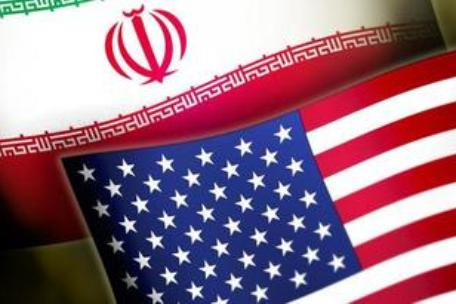No US Attack on Iran

The new wave smear campaign leveled by the US officials against Iran has revived speculations on the contingency of a military conflict between Tehran and Washington. Ali Bigdeli answers IRD’s questions on the issue:
IRD: Defense Secretary Leon Panetta, and Hillary Clinton have warned Iran not to take advantage of US’ troops withdrawal from Iraq to intervene in the country’s domestic affairs. Why are these matters brought up at this point?
AB: Evacuation of the US troops does not provide an opportunity for Iran to intervene in the Iraqi affairs; in fact, for Iran, this could turn out quite counterproductive. Washington is forced to withdraw its forces from Iraq for several reasons. Barack Obama had promised in his electoral campaign that the country would evacuate its soldiers from Iraq by the end of 2011 And now he has to materialize his promise eying the upcoming presidential election in 2012, to regain popularity. But at the end of the day, the US would never permanently leave Iraq and Afghanistan. After all, Washington has spent almost one trillion dollars in Iraq and sacrificed too many soldiers.
IRD: The tone used by the US officials has become significantly harsher towards Iran. Is there brinkmanship working here?
AB: Last week, John McCain stated that the US should carry out military attacks on Iran. As I said in my other interviews, it is quite unlikely that the US attacks Iran. And one thing to remember, McCain is not a decision-making entity, but may be a mouthpiece for pro-Israel circles in the US’ politics. Moreover, the United States is not in a situation to provoke a new crisis. It did not even directly get involved in Libya; unlike Britain and France. Clinton’s interview with BBC Persian aside, Iran has begun backchannel diplomacy with the US over the issue of the alleged assassination of the Saudi ambassador to Washington. White House has to challenge with economic problems and social crises at the moment, so I do not think that their threats are serious or Americans are in pursuit of serious measures against Iran.
IRD: You mentioned Clinton’s interview with BBC Persian. And you know that she also interviewed the Persian service of the Voice of America. How do you explain Clinton’s interview with such Persian-speaking media?
AB: From a political psychology viewpoint, I can think of two reasons: first, the US Secretary of State is a prominent figure in the current international system and wants to communicate with the masses in order to achieve popularity among them.
Second, whatever the BBC’s imperialist agenda, it also wants to serve as the voice of the Iranian people’s and try to tell the Iranian statesmen that despite their propaganda, the citizens are dissatisfied. Clinton’s interviews with Persian-speaking served dual purposes: to communicate with the Iranian citizens and to reflect the demands of Iranian citizens outside the country.

